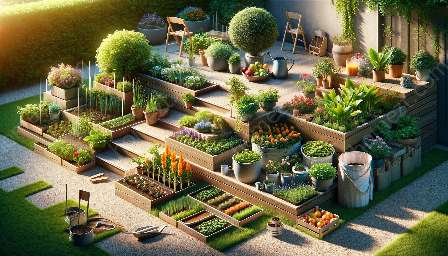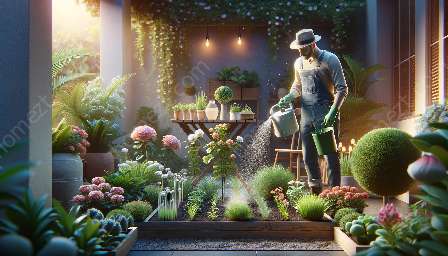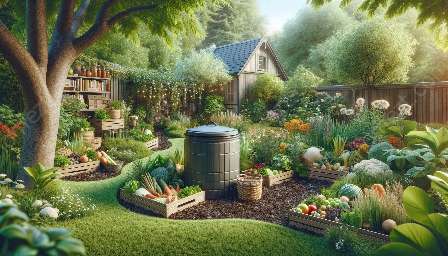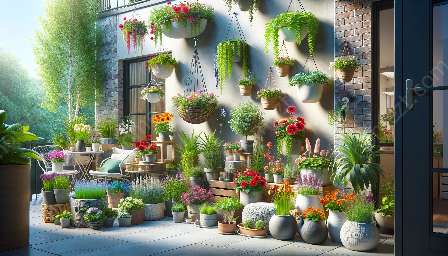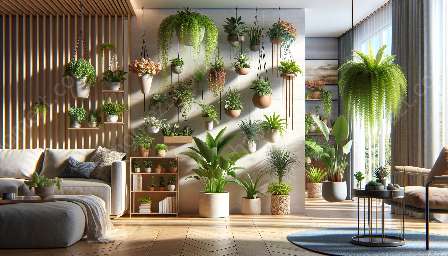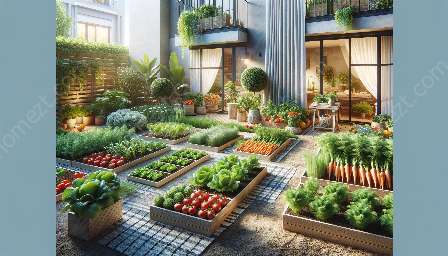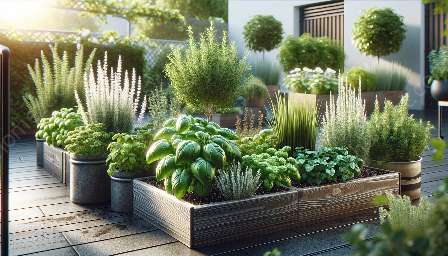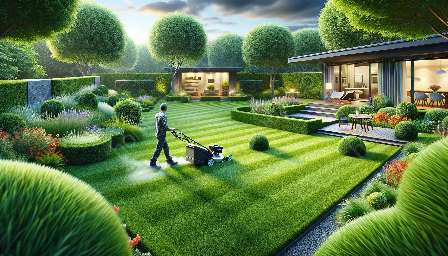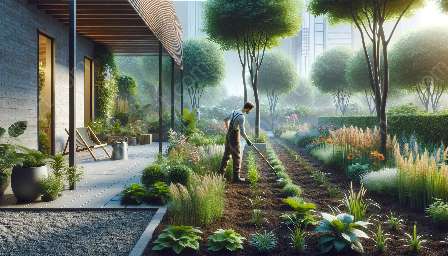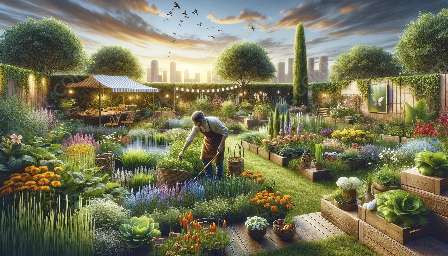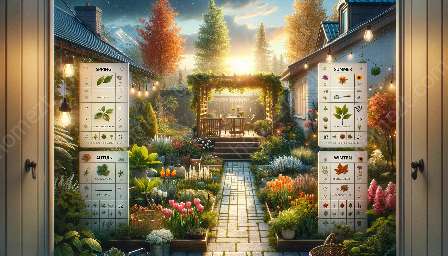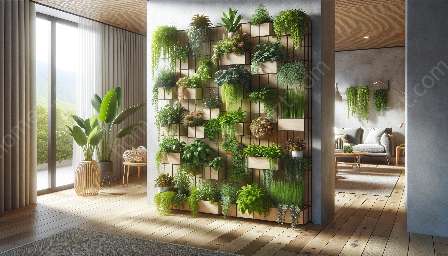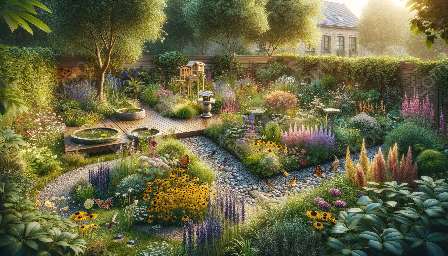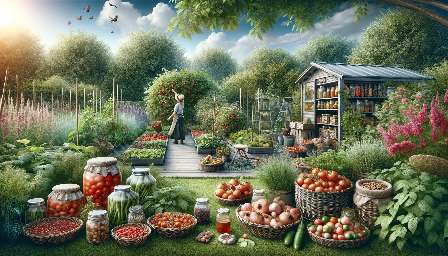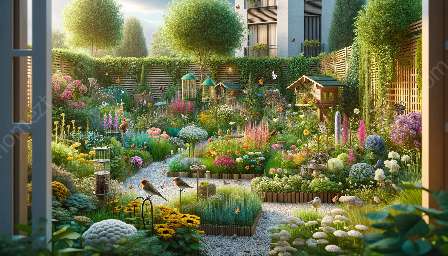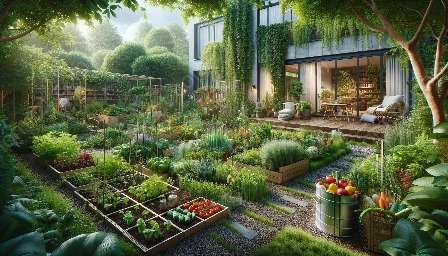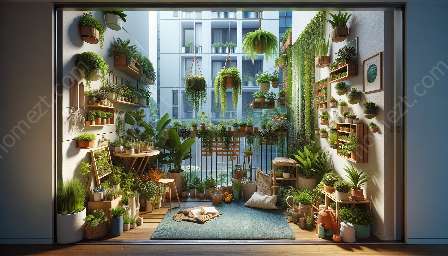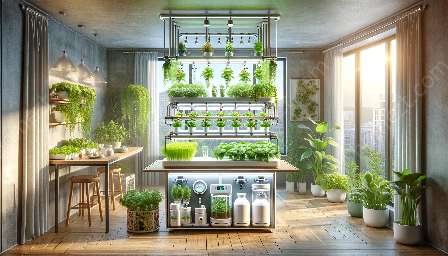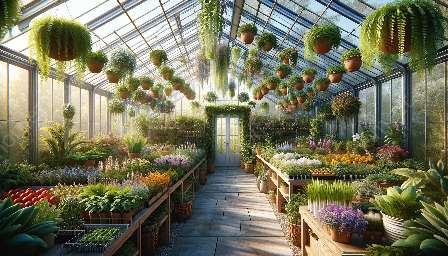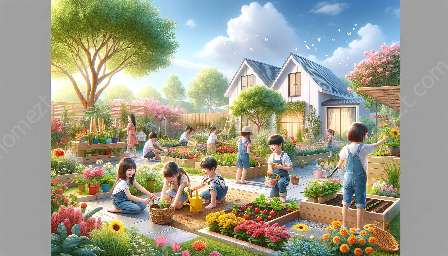Are you interested in transforming your home through gardening? Vegetable gardening provides numerous benefits and is a fantastic way to improve your home environment. In this comprehensive guide, we'll explore the wonderful world of vegetable gardening and offer valuable insights for beginners and experienced gardeners alike.
Understanding Vegetable Gardening
What is Vegetable Gardening?
Vegetable gardening involves growing a variety of vegetables, herbs, and edible plants in a designated area within your home, such as a garden bed, raised planter, or pots. Vegetable gardens can be tailored to fit any space, from small urban balconies to vast backyard areas.
Benefits of Vegetable Gardening
There are numerous benefits to starting a vegetable garden, including:
- Access to Fresh, Nutritious Produce: Growing your own vegetables ensures a fresh and readily available supply of nutritious produce for your family. This can lead to cost savings and improved health.
- Physical and Mental Well-being: Engaging in gardening activities has been shown to reduce stress, improve mood, and provide physical exercise, contributing to overall well-being.
- Environmental Sustainability: Vegetable gardening promotes sustainable living by reducing food miles and the carbon footprint associated with transporting produce from farms to stores.
- Community and Family Bonding: Gardening is a great opportunity to bond with family and connect with the community through shared gardening experiences and the sharing of homegrown produce.
Essential Tools for Vegetable Gardening
Shovels, Spades, and Hand Trowels: These tools are essential for preparing soil, digging planting holes, and maintaining your garden.
Garden Hoe or Cultivator: Used for breaking up and aerating soil, removing weeds, and mixing in compost or fertilizer.
Garden Gloves: Protect your hands from blisters, thorns, and dirt while working in the garden.
Watering Can or Hose: Ensure your plants receive adequate moisture, especially during dry periods.
Pruning Shears or Scissors: Used for trimming and harvesting your vegetables and herbs.
Getting Started with Vegetable Gardening
Choosing the Right Location: Select a sunny location for your vegetable garden, as most vegetables require ample sunlight for optimal growth.
Soil Preparation: Test your soil and make amendments as necessary to ensure it has the appropriate drainage and nutrient levels for your plants.
Plant Selection: Choose vegetables that are well-suited to your climate and growing conditions. Consider factors such as space, time to maturity, and preferred growing season.
Planting and Maintenance: Follow planting depth and spacing guidelines for each type of vegetable. Regularly water, fertilize, and monitor for pests and diseases.
Tips for Successful Vegetable Gardening
Companion Planting: Some plants thrive when grown alongside certain companions, while others are antagonistic when planted together. Consider companion planting for healthier and more productive crops.
Seasonal Planning: Plan your garden layout to support successive planting and crop rotation to maximize yield and reduce disease build-up in the soil.
Organic Pest Control: Use environmentally friendly methods to control pests, such as introducing beneficial insects or using natural repellents.
Variety Selection and Crop Rotation
Variety Selection: Choose a diverse range of vegetable varieties to add interest and create a vibrant, productive garden space.
Crop Rotation: Rotate your crops annually to prevent soil depletion and manage pest and disease issues.
Integration with Home Improvement
Enhancing Curb Appeal: A well-tended vegetable garden can significantly enhance the visual appeal of your home, increasing its overall value and charm.
Sustainability and Self-Sufficiency: By growing your own food, you can reduce dependency on store-bought produce and contribute to a more sustainable and self-sufficient lifestyle.
Outdoor Living Spaces: Vegetable gardens can be incorporated into existing outdoor spaces, such as patios or balconies, to create functional and beautiful living areas.
Conclusion
Embarking on a vegetable gardening journey offers a multitude of benefits, from improving your home environment to promoting sustainability and well-being. Whether you're a complete novice or an experienced gardener, take the plunge into vegetable gardening and witness the joys of cultivating your own produce while enhancing your home.


